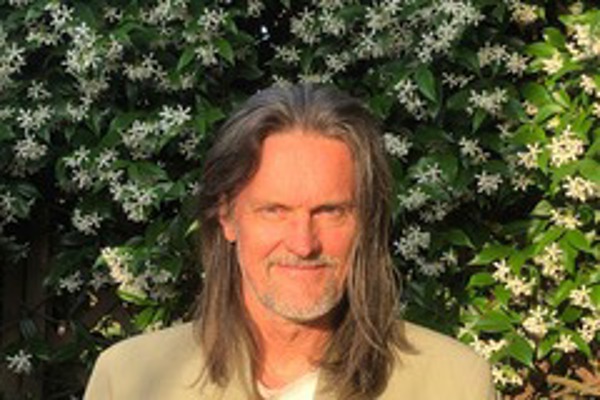Speakers
Richard Chapman
Università degli Studi de Ferrara
Richard Chapman is Researcher in English Language in the Department of Human Sciences at the University of Ferrara, Italy. A first degree in history from Cambridge University gives a cultural and anthropological flavour to his linguistic research, while extensive experience in teacher training results in a pragmatic bent in his approach to language. Research interests include testing and assessment, pragmatics, corpus linguistics and current developments in English language teaching and observing language and sociopolitical change. Publications include “The deceiving ELF? Can English fulfil the role of a Lingua Franca?” (2015); “Naming or Shaming? Presentations of the Self in specialised Weblog discourse.” (2017); “Is the Current Role of English Sustainable?” (2018); “Questioning assumptions in English language teaching and ESP” (2021); “Technology, techne, lexis. Teaching English in a transformed world” (2023); “Crisis and Otherness: The Role of Language” (2024).

Craig Willis
European Centre for Minority Issues, Flensburg, Alemanha & Chair COST Action PLURINGLINGMEDIA
Dr. Craig Willis is a researcher at the European Centre for Minority Issues and has recently completed his PhD at the Europa-Universität Flensburg with a dissertation titled 'Purpose and Challenges of Minority Language Media. His research focuses broadly on minority language communities within the context of media, as well as in activism and civil society. He has recently been elected as Action Chair of the Language Plurality in Europe's Changing Media Sphere (PLURILINGMEDIA) action, which will run until 2028.
